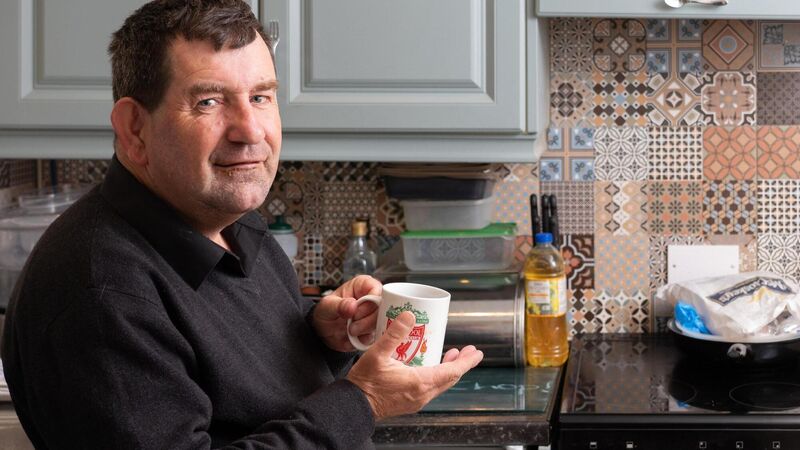How people live with intellectual disability has changed — society must keep up

Paul Alford will now be able to have up to five people in his newly expanded, freshly tiled kitchen. It is all a far cry from the circumstances of the majority of his life. Picture: Barry Cronin
Paul Alford is currently having some home renovations done. Nothing major, you might think, apart from the usual headaches that come with any stab at home improvement.
But for Paul, who has an intellectual disability and lives independently in Navan in Co Meath, it is a big deal, a source of pride even.











